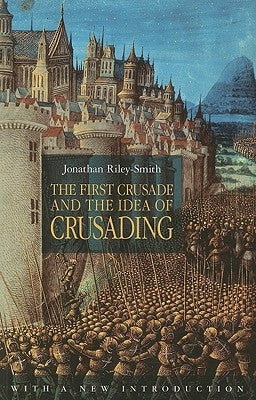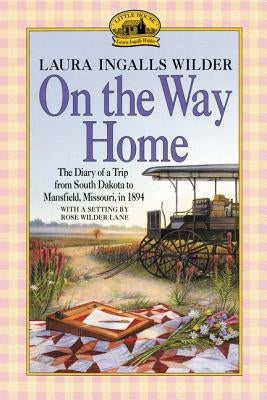How did adults, religious institutions and the state view children during the Ottoman Empire? This volume gathers specialists in the social history of the Ottoman Empire as a whole - in regions ranging from Anatolia through the Arab provinces to the Balkans, and from the 15th to the early 20th century - to respond to recent theoretical calls to recognise children as active agents in history. Divided into five thematic sections (concepts of childhood, family interrelationships, children outside family circles, children's bodies, and education), the volume covers the social and political structure of the Ottoman Empire. It uses the innovative prism of children as social agents who are not only shaped by but also shape society, rather than being the passive recipients of their social environment.
About the AuthorGülay Yilmaz is Associate Professor at Akdeniz University. She is author of articles in The Journal of Ottoman Studies, Belleten and Studies of the Ottoman Domain and of chapters in Bread from the Lion's Mouth: Artisans Struggling for a Livelihood in Ottoman Cities (Berghahn Books, 2015) and Children in Slavery Through the Ages (Ohio University Press, 2009).
Fruma Zachs is a Professor at the University of Haifa. She is author of The Making of a Syrian Identity: Intellectuals and Merchants in 19th-Century Beirut (Brill, 2005), co-author of Gendering Culture in Greater Syria: Intellectuals and Ideology in the Late Ottoman Period (I.B. Tauris, 2015) and co-editor of Ottoman Reform and Muslim Regeneration: Studies in Honour of Prof. Butrus Abu-Manneh (I.B. Tauris, 2005).





















































